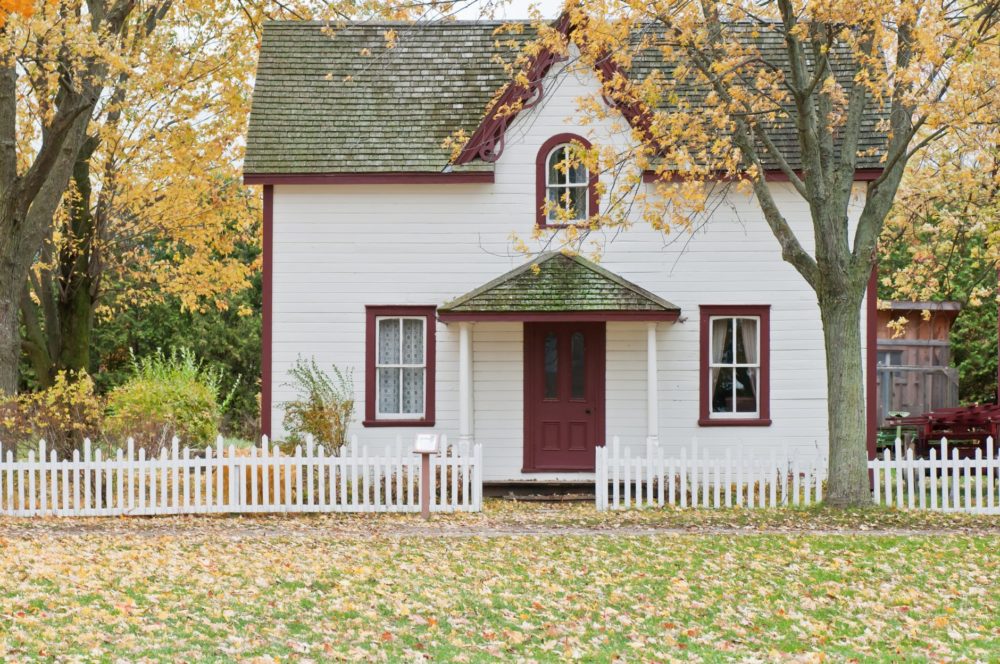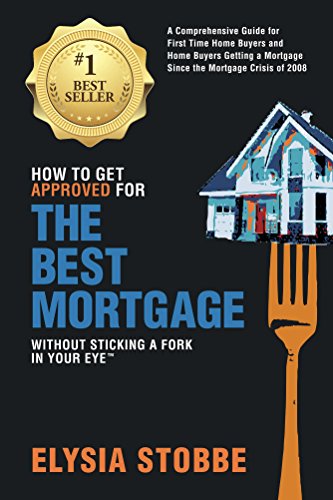Buying a home is likely one of the largest financial decisions you will make in your lifetime.
We all know that buying a house is expensive, but it can be tough to estimate exactly how much cash you’ll need if you aren’t aware of some of the more “hidden” costs of buying a home.
Let’s start with the basics.
To buy a home, you’ll need the following amounts in cash:
- Down payment (anywhere from 3% to 20% – or more – of the purchase price of the home)
- Closing costs (2% – 5% of the purchase price of the home, typically split between buyer and seller)
- Home inspection fee ($200 – $400 or more, depending on the size of the home)
- Appraisal fee ($300 – $400)
Google “how much cash do I need to buy a home?” and you’ll often find the four items listed above. Let’s dive a little deeper into some up-front costs you might not be expecting.
*Disclosure: This post contains affiliate links. Read our full disclosure policy here.
Earnest Money
Earnest money is something you give to the seller to prove that you’re serious about buying the home. Since you have something invested, you’re less likely to back out of the deal.
The exact amount you’ll need for earnest money varies. It’s typically 1% – 3% of the purchase price of the home, but it can be more or less. My husband and I paid $1,000 in earnest money for a $190,000 home.
Earnest money sits in an escrow account until the closing of the home is completed. At this point, the earnest money will be applied toward your down payment.
Full Closing Costs
While closing costs are often split between the buyer and the seller, offering to pay the full closing costs can make your offer more appealing to a seller. This is important in a hot market with tons of competition for homes.
If you can’t afford to do anything else to make your offer appealing (offering more than the asking price, doing a down payment of 20%, or making an all-cash offer, for example), paying the full closing costs might be the one thing that sets your offer apart from the dozen others.
Keep in mind that closing costs might be more than you expect. They are typically 2% – 5% of the price of the home, but that’s not set in stone. My husband and I paid about $9,000 in closing costs for a $190,000 townhouse – much more than we had expected to pay!
Shortfall
If you get in a bidding war with 10 other buyers, you’ll probably need to offer more than the asking price (possibly a lot more). This is common in a seller’s market, but here’s the rub…
Let’s say you offer to pay $200,000 for a $190,000 home and your offer is accepted. You’ll move forward with the process and you’ll get the home appraised. Imagine the home appraises for the listing price – $190,000.
Your mortgage lender will only give you a loan for the $190,000 amount – they will not loan you the full $200,000 that you offered to pay the seller. This means you’ll need to make up the $10,000 difference with cash.
Here are your options in this scenario:
- Pay the $10,000 in cash.
- Reduce your down payment amount and give the seller $10,000 from the money you were planning to use for your down payment. (Note: this is only possible if your original down payment amount was high enough for you to do this. If you’re only offering the bare minimum down payment – 3% to 5% – this option won’t be available to you).
- Negotiate with the seller to decrease the $10,000 and pay them a different amount in cash (for example, $5,000).
- Threaten to back out of buying the home unless the seller agrees to sell the home for the amount it was appraised at (in this case, $190,000).
Keep in mind…some purchase agreements may include language that states that the buyer is responsible for paying the shortfall.
It is important that you are aware of exactly what will happen in case there is a shortfall when the home is appraised – make sure to ask your realtor!
Repairs
Repairs are another cost you may not have considered. After your offer is accepted, you’ll pay for a home inspection. The seller often pays for repairs (if any are needed), but this is negotiable and the buyer may be responsible for some of them.
When we moved into our home, we didn’t have any major issues (thankfully!). We did end up replacing the doorbell as well as smoke detectors and carbon monoxide detectors that were old. The seller agreed to replace one of the windows and to update an outlet that wasn’t up to code.
Depending on how old the home is and its condition, you could end up paying a small amount for repairs or quite a large amount. Keep this mind when choosing a home!
Buying a Home in a Seller’s Market
Purchasing a home in a seller’s market is challenging. You might have to make offers on multiple homes before you finally snag one. This is why you shouldn’t get too attached to a particular home.
Remember that everything will work out! Not getting a certain home might be the best thing that ever happened. My husband and I were so disappointed when we didn’t get a house that we loved, but then we bought a better home in a MUCH better location, and we love it!
Just keep trying and keep these “hidden” costs in mind while you save up as much money as you can.
Good luck!
Want more?
Check out this First Time Home Buyers Guide for an in-depth look at buying your first home!





Recent Comments